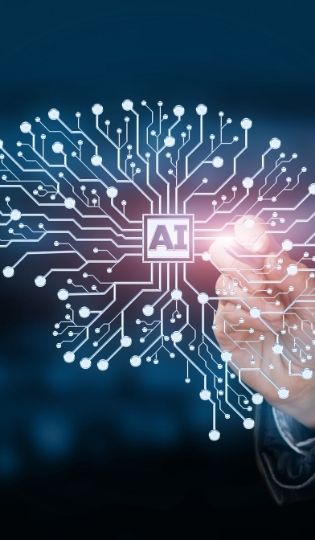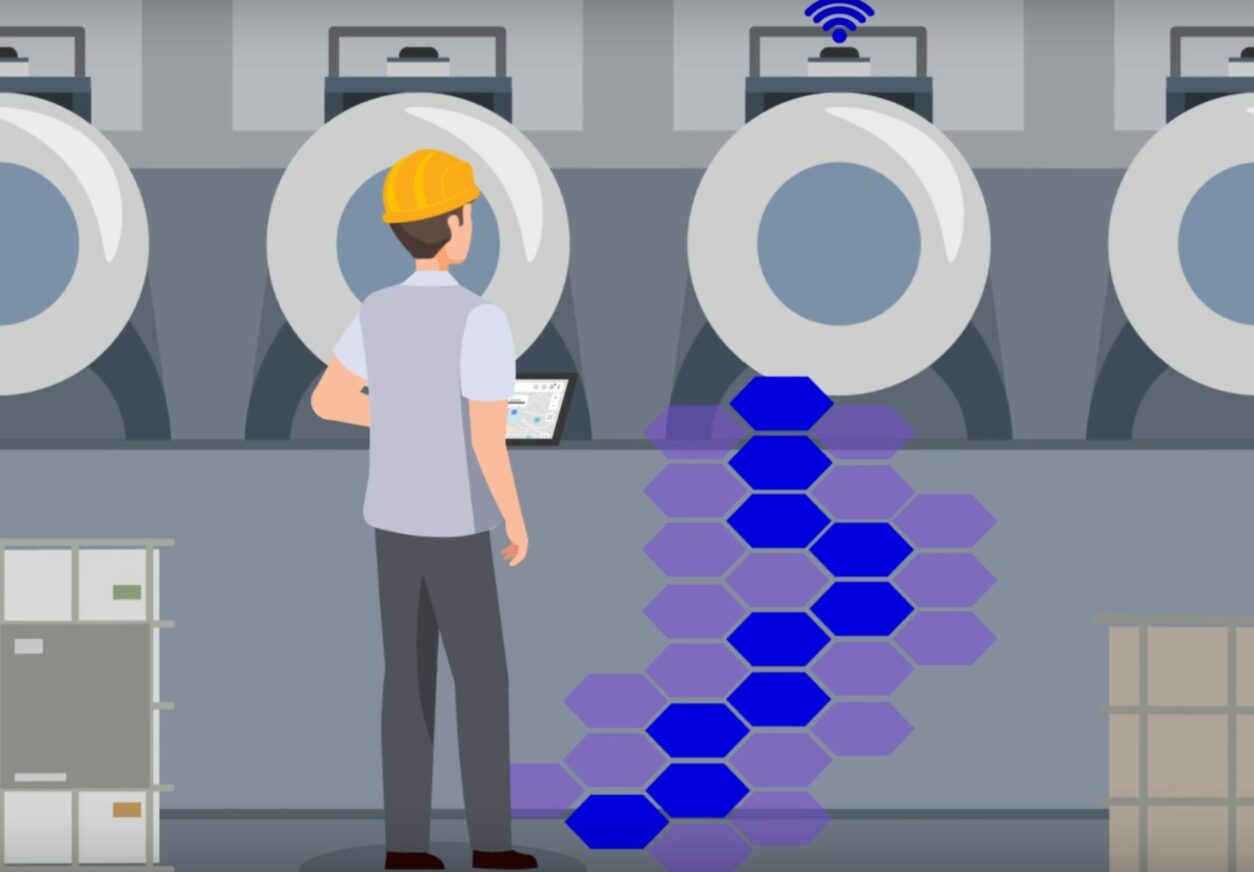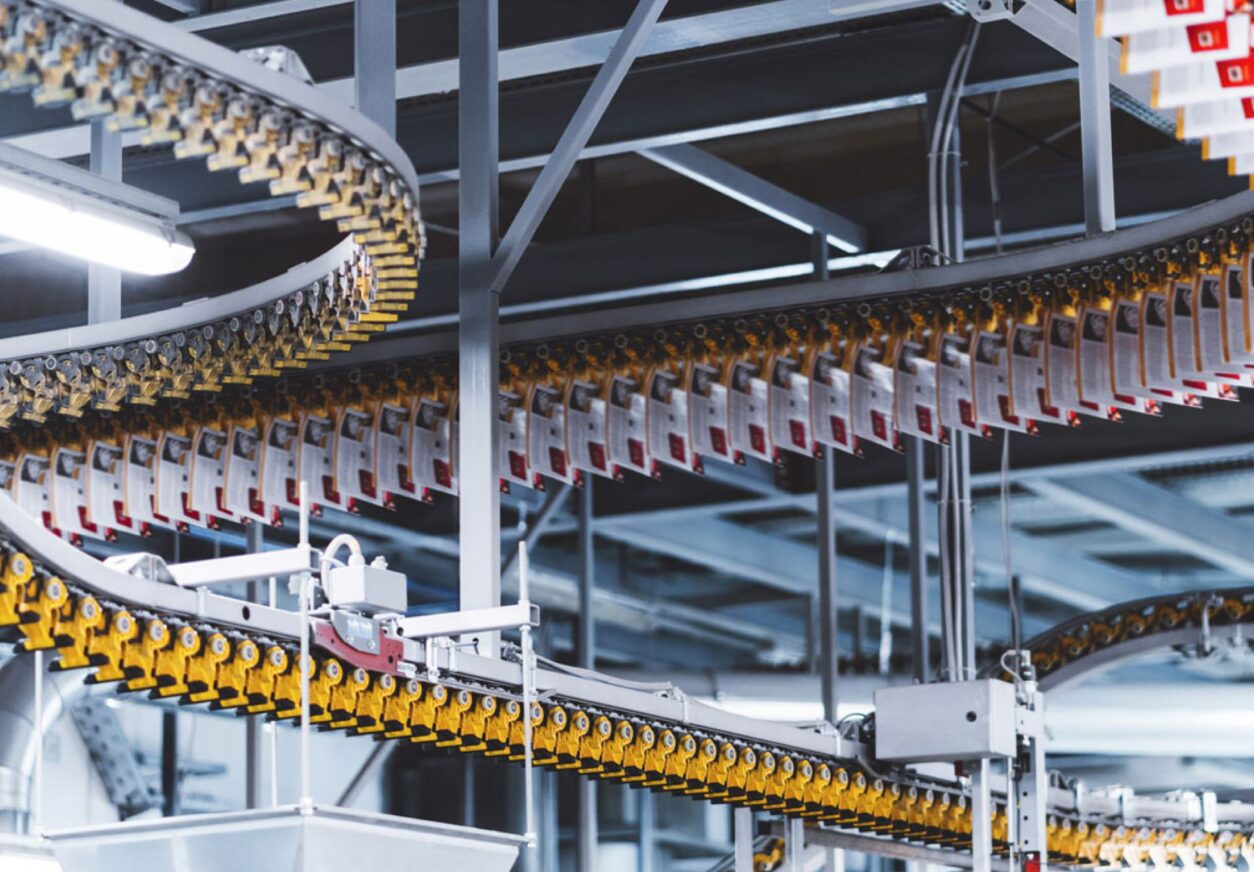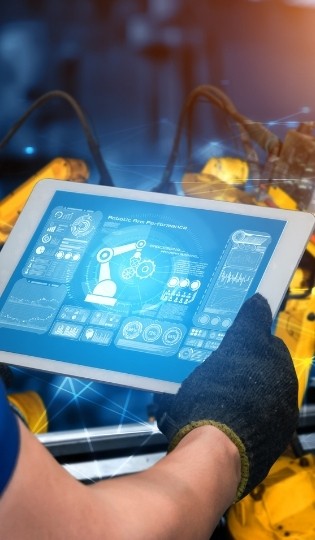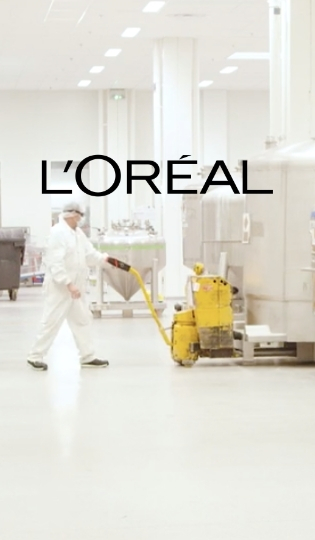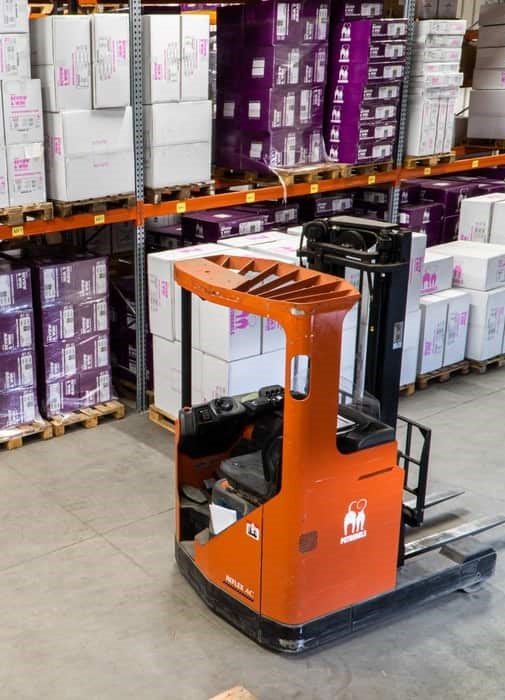Connected manufacturing
Digitizing production systems is one of the missions of Industry 4.0 or the factory of the future. They are sometimes aging, unreliable and not very agile.
Today, by adding a series of sensors, it is possible to collect an immense amount of data in order to visualize and control a considerable number of machines. All this data will be cross-referenced between the different sectors of the company to form a network: basically, to link the production services with quality, logistics but also customer services.
In other words, adding an additional, intelligent layer to the current ERP systems.
By creating this networking of all sectors, the company can envisage responding more quickly to the needs of their customers, being more agile and sticking as closely as possible to market trends.
There are major advantages behind this:
- being the first to be able to produce a part for a prospect
- improve customer satisfaction.
Beyond customer demand, connected manufacturing processes will also integrate materials and process simulation before they are produced.
The part must be of the best possible quality. The machine will learn from its mistakes thanks to Machine Learning, and will implement corrective actions according to the input materials, the wear of the machine or the customer’s request. The product range can be expanded while improving its quality.
As you can see, connected manufacturing is first and foremost:
- a machine park that collaborates with all sectors of the company
- an intelligent fleet that is able to simulate its future from its past
Predictive maintenance
The maintenance of the machine park costs a lot of money to a company for two reasons:
1. The reduced OEE
The first one is that the machine is out of service during its maintenance, which heavily decreases the synthetic efficiency rate (SER).
The utilization rate of the machine has a direct impact on its profitability.
Machines in the industry are becoming more and more complex and therefore more and more expensive. In order to make the investment profitable, it must be used as long as possible.
2. Potential damage
The second problem is that maintenance is regularly carried out too late. Damage can be caused to these machines. Parts that should not have been replaced have to be replaced and the machines are immobilized for a longer period.
This is why predictive maintenance is so important.
Predictive Logistics
Predictive logistics is another application of artificial intelligence. Thanks to artificial intelligence algorithms and Machine Learning, logisticians are now able to anticipate delays and inconsistencies throughout the supply chain. This is possible thanks to the combination of data recovered in real time from sensors placed on objects in the factory (such as Zozio’s geolocation badges).
Predictive logistics allows to predict not only the movement of stocks inside the factory, but also all the movements between factories or when products are in transit at the supplier.
In conclusion
There are two common points between all these applications: data and collaboration.
All of these intelligent algorithms will not work without a large amount of data.
The challenge is to collect a maximum amount of relevant data and then to perform an efficient data mining.
The ultimate goal is to capitalize on this data and extract a maximum of knowledge.
Finally, collaboration, since all these algorithms support the employee. Their objective is not to replace the employee, but rather to assist him/her so that he/she can: concentrate on his/her core business, be relieved or be more efficient.
Written by Emma Grignard

